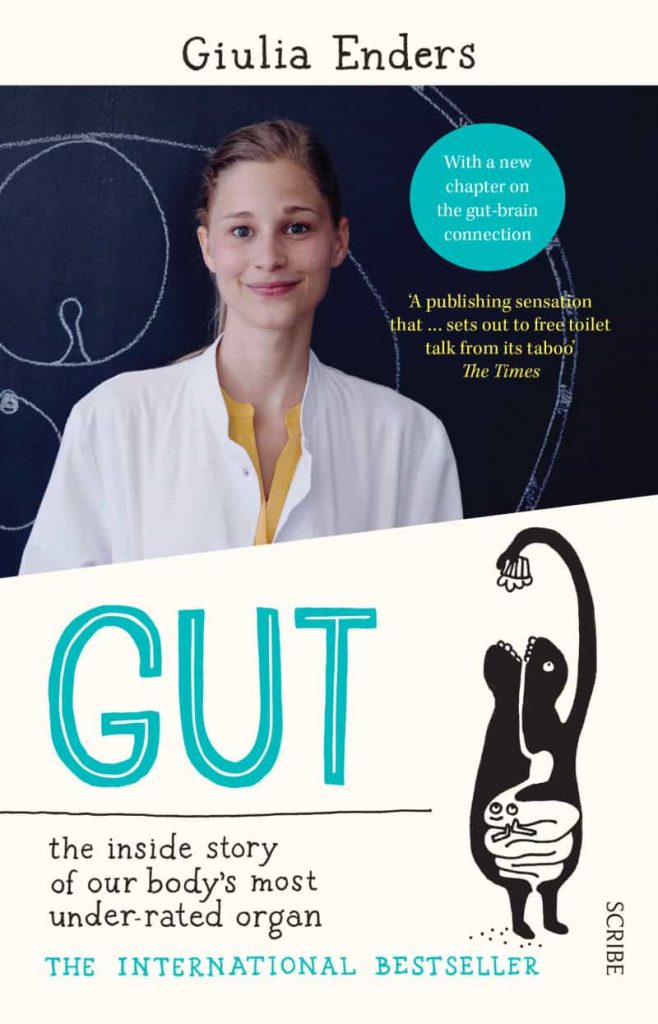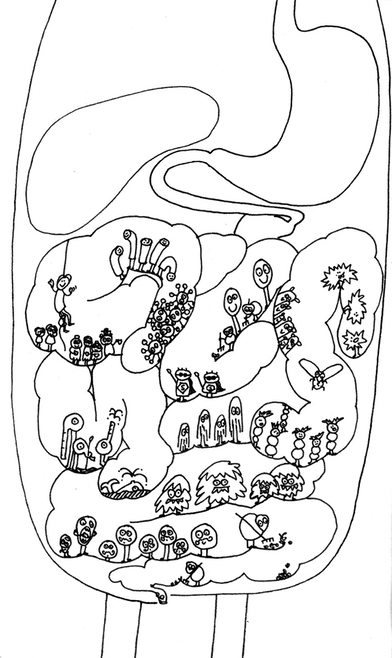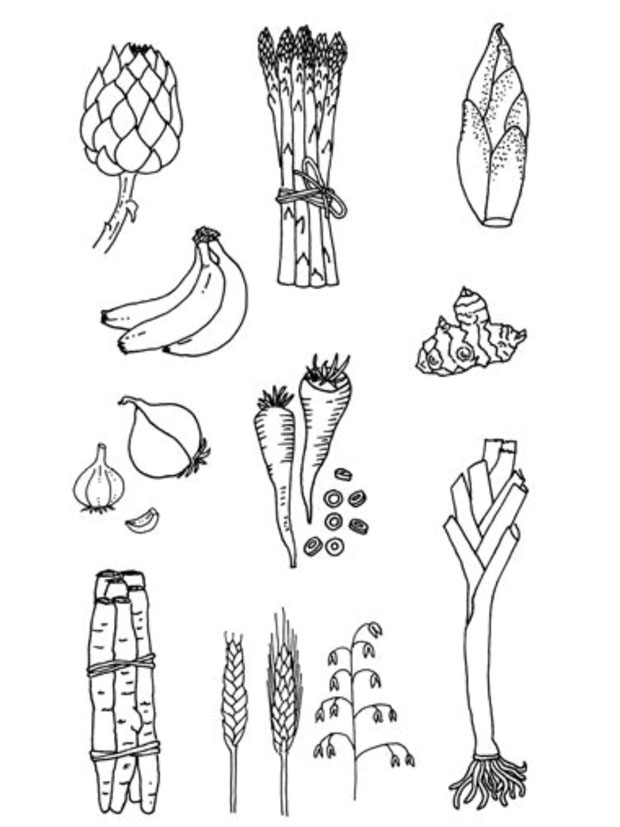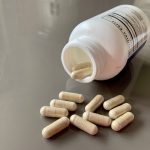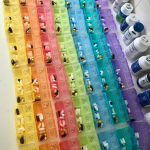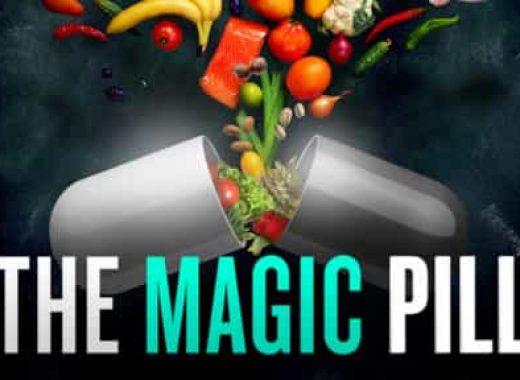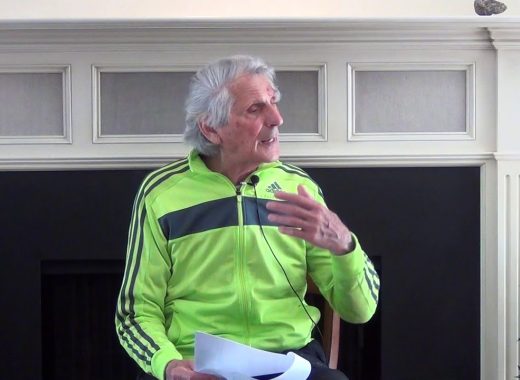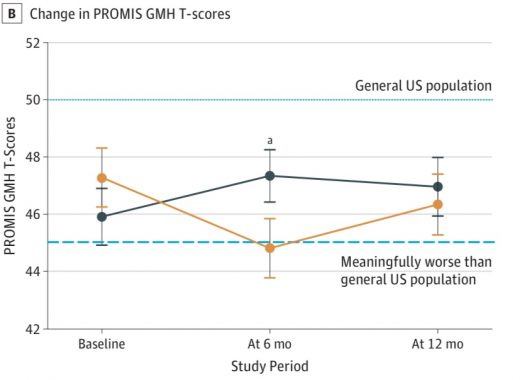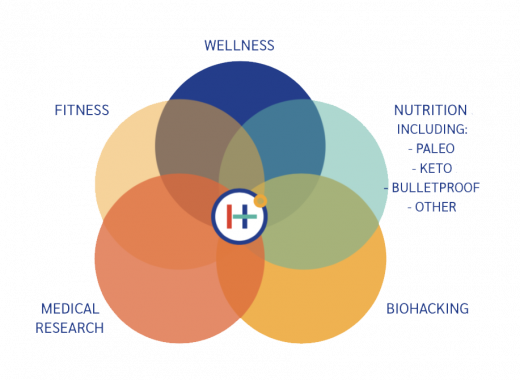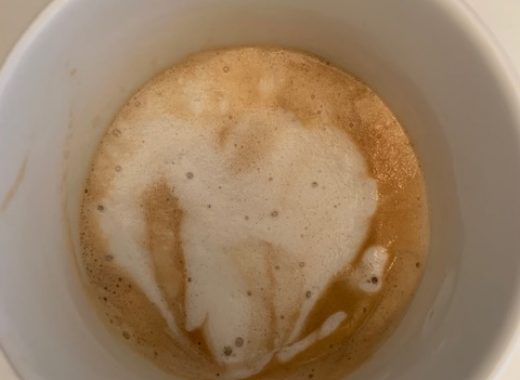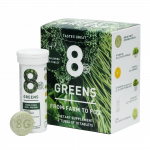This book was recommended to me as a best seller, but it’s not a quick read before getting some shut eye. It does give you interesting insights into the workings our body. Here is a summary and some highlights that I found interesting.
Who is the author?
Giulia Enders a German medical PHD in Frankfurt at the time of her writing this book. She writes about biology and body systems in an approachable manner with her main message being that the gut is powerful and smart organ at the level of the brain. Keep your gut well-nourished and happy, and therefore you shall be happy and healthy.
Applications of my everyday life
- Stews and bone broth are not only good because they are nutritious, but because they are digested faster than food. They flow straight down the shorter sides of the stomach and end up faster in the small intestine.
- The gut should be populated with good bacteria such as probiotics, which help the system regain equilibrium from toxins and imbalances. The best-researched probiotics are lactic acid bacteria and a yeast called Saccharomyces boularidii. Probiotics only stay active in the gut, as long as we taken them! So, don’t forget then every morning!
- Prebiotics is food for good bacteria – and therein allows them to keep an upper hand over bad guys and reduces toxin production in the gut.
- Some studies have shown that sugar can suppress serotonin, 95% of which is produced in the gut. It not only makes us happy, but also gives us the sensation of being full! Careful of salad dressings with sugar, they can make us feel hungry again sooner than we need to be.
- Our tummy does not rubble because it is hungry!!! But because there has been a long enough gap between meals for some cleaning to happen in the small intestine! If you constantly snack, there is no time for cleaning!
- It is important that mealtime for children be calm. Otherwise, they will not extract the energy they need from their food and digestion will take longer. The same applies for adults. When we are stressed, the brain borrows energy from the gut, putting digestion, mucous production and blood supply on the back burner. This situation is not intended for long-term use or the gut’s health will suffer and bad bacterial will multiply.
- As the digestion process filters out toxins, many active agents in tablet or liquid medication are also filtered out. So, it’s best to use the short-cut of the rectum and use suppositories when available.
Cool gut facts
- 80% of our immune system is in our gut.
- Think your gut is a small organ? Not so! Its microbiome can weigh up to 2 kilos. It contains 100 trillion bacteria, which is 90% of our gut population. The majority of these microbes protect us by simply occupying space that would otherwise be free for harmful bacterial to colonize.
- Our gut has millions of small folds, villi and microvilli, which if ironed out to a smooth surface would be 7 kilometers in length!! This is 100 times greater than our skin!!
- The only place in our body that is germ fee is the womb.
- Our stomach sits much higher than we think. What we think are stomach problems are actually gut problems.
Digestion in 5 bullets
- The unconscious inner world of digestion starts at the top of the breastbone towards the bottom of our esophagus. Pouf, the food disappears and we can’t feel it anymore.
- As soon as we eat something, the liver and pancreas begin to produce enzymes and fat solvents that are similar to washing up liquid if you like.
- Food plops against the large side of the stomach, is separated into smaller substances, broken down and then moves on to the small intestine. There, blood vessels carry nutrient-rich blood to the liver for toxin screening. What can’t be absorbed by the small intestines moves on to the large intestine until it is broken down and again sent to the liver for screening.
- Sugar is the only substance that our body can turn into fat with little effort. It is absorbed by the lymphatic system, skips the stomach and goes straight into the heart. Proteins and fat are detained in the stomach for much longer.
- The vagus nerve is the fastest and most important route from the gut to the brain. It runs through the diaphragm, between the lungs and heart, up along the esophagus, through the neck to the brain. The brain, with more 100 billion nerves, needs vagus information to form a picture of how the body is doing and to formulate conscious responses to our inner environment.
Other interesting facts
- Our saliva contains a painkiller called opiorphin, which is stronger than morphine. It protects our mouth from pain and bad bacterial.
- If you have a bloated stomach or have drunk alcohol that can multiply gas-producing bacteria, lie on your left side so that gastric bubbles can rise easier.
- Constipation results from a disconnect between the nerves and the muscles of the gut. They disagree as to whether the contents need to be expelled right away or not. Fiber is a great way to inch things along – no pun intended!
- Reflux is directly related to the nerves that control our muscles. When the nerves of our digestive system receive incorrect information, they fail to keep our gastric juices where they belong and allow them to move up. The nervous system of the gut and that of the brain have to work together calmly to ensure smooth sailing. Pregnancy and cigarette can be causes.
- Antibiotics can alter our gut glora significantly, making our microbe collection less diverse and effective. Antibiotics rarely kill all bacteria and there will always be some survivors. In the case of serious bacterial infections, this can become a problem.


